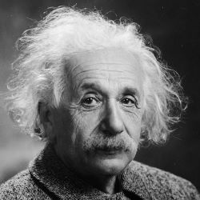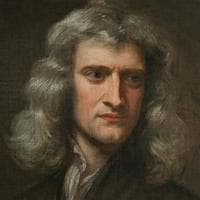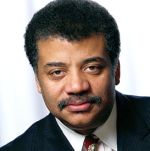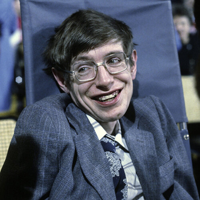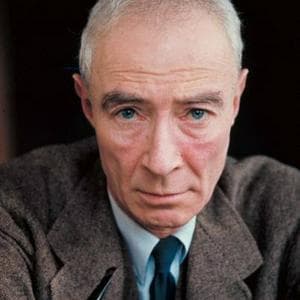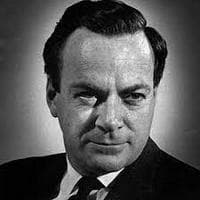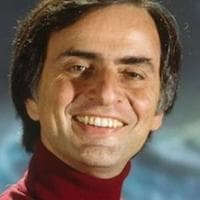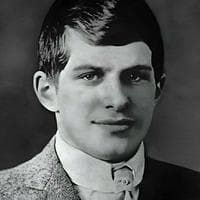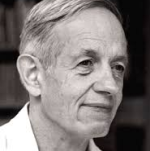James Clerk Maxwell MBTI性格类型
性格
"James Clerk Maxwell是什么人格? James Clerk Maxwell是MBTI中的INTJ人格类型,九型中的5w6 - so/sp - 593,五大类型中的RCOEI,Socionics中LII类型。"
Maxwell: "Happy is the man who can recognize in the work of today a connected portion of the work of life and an embodiment of the work of Eternity. The foundations of his confidence are unchangeable, for he has been made a partaker of Infinity. He strenuously works out his daily enterprises because the present is given him for a possession. ... Thus ought Man to be an impersonation of the divine process of nature, and to show forth the union of the infinite with the finite, not slighting his temporal existence, remembering that in it only is individual action possible; nor yet shutting out from his view that which is eternal, knowing that Time is a mystery which man cannot endure to contemplate until eternal Truth enlighten it." (Evidence of Ni, which collapses associative perception into a singular, continuous perspective) Maxwell: "[If] we had a true mathematical classification of quantities, we should be able at once to detect the analogy between any system of quantities presented to us and other systems of quantities in known sciences, so that we should lose no time in availing ourselves of the mathematical labors of those who had already solved problems essentially the same. [...] At the same time, I think that the progress of science, both in the way of discovery, and in the way of diffusion, would be greatly aided if more attention were paid in a direct way to the classification of quantities." (Evidence of Te, which orients itself toward denotative properties of the objective world, quantity being one example). Basil Mahon: "His electromagnetic theory embodied the notion that things we can measure directly, like mechanical force, are merely the outward manifestations of deeper processes, involving entities like electric field strength, which are beyond our powers of visualization." (Evidence of Ni with Te)
背景
James Clerk Maxwell (13 June 1831 – 5 November 1879) was a Scottish scientist in the field of mathematical physics. His most notable achievement was to formulate the classical theory of electromagnetic radiation, bringing together for the first time electricity, magnetism, and light as different manifestations of the same phenomenon. Maxwell's equations for electromagnetism have been called the "second great unification in physics" after the first one realised by Isaac Newton.

